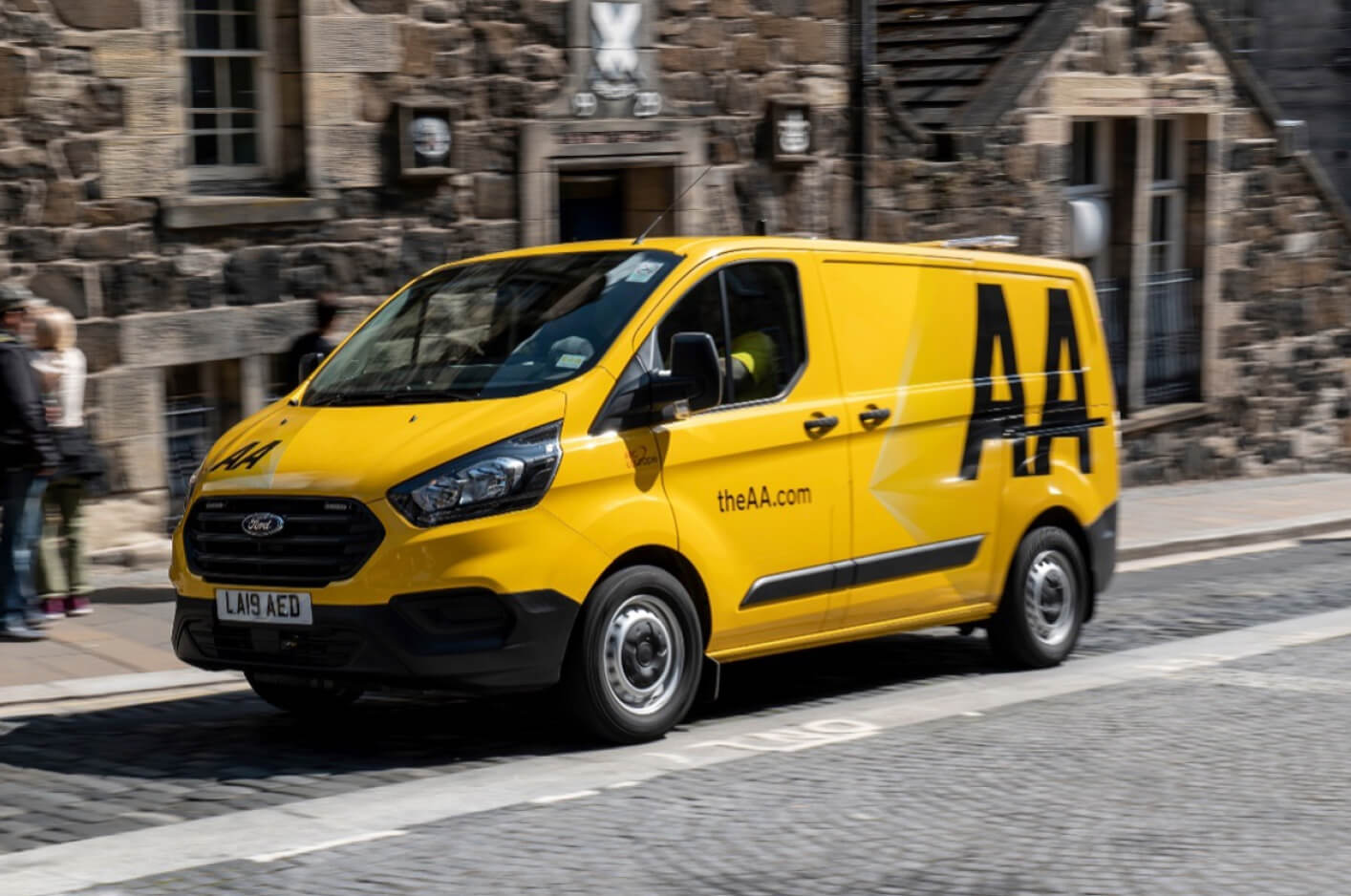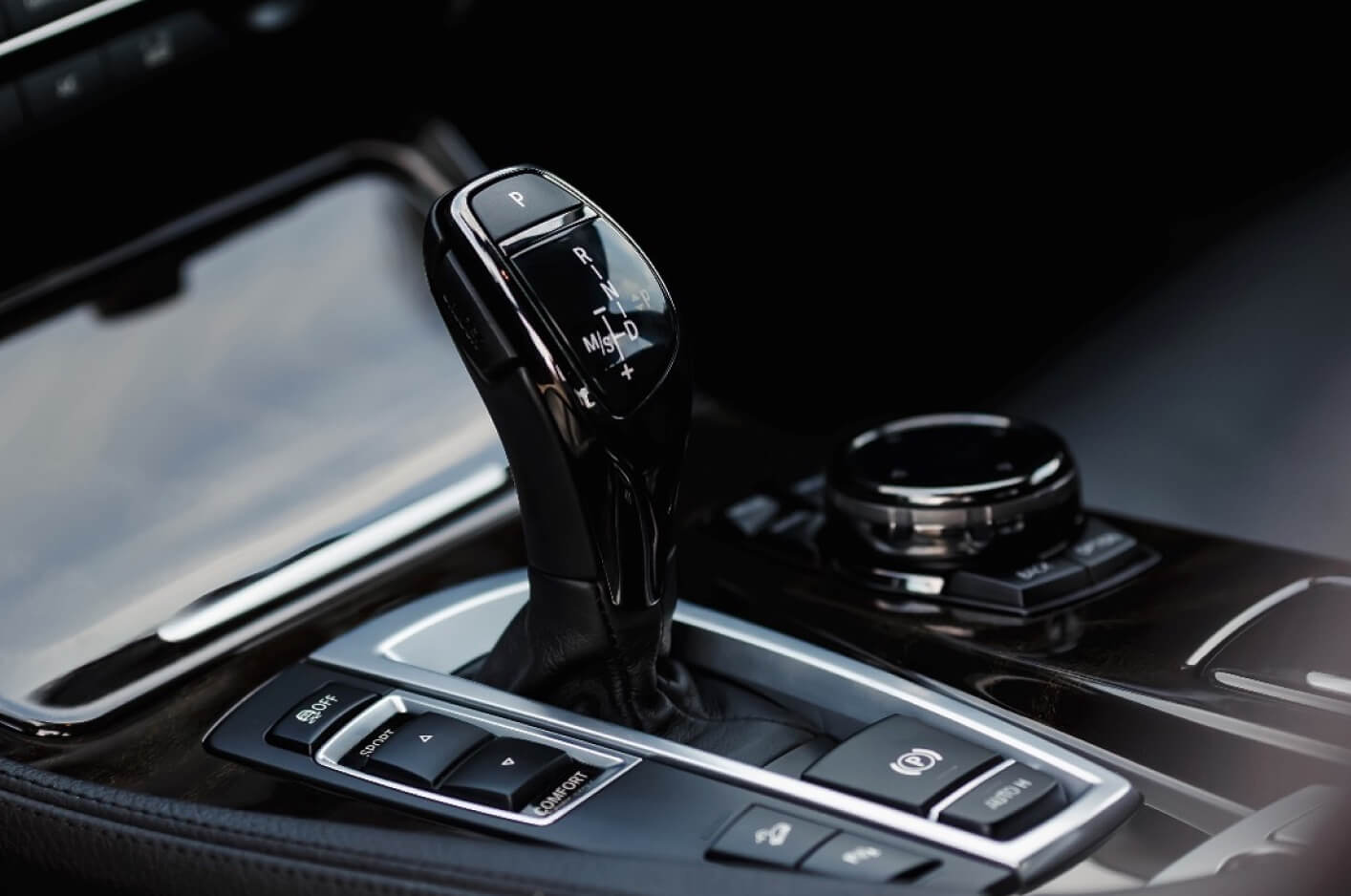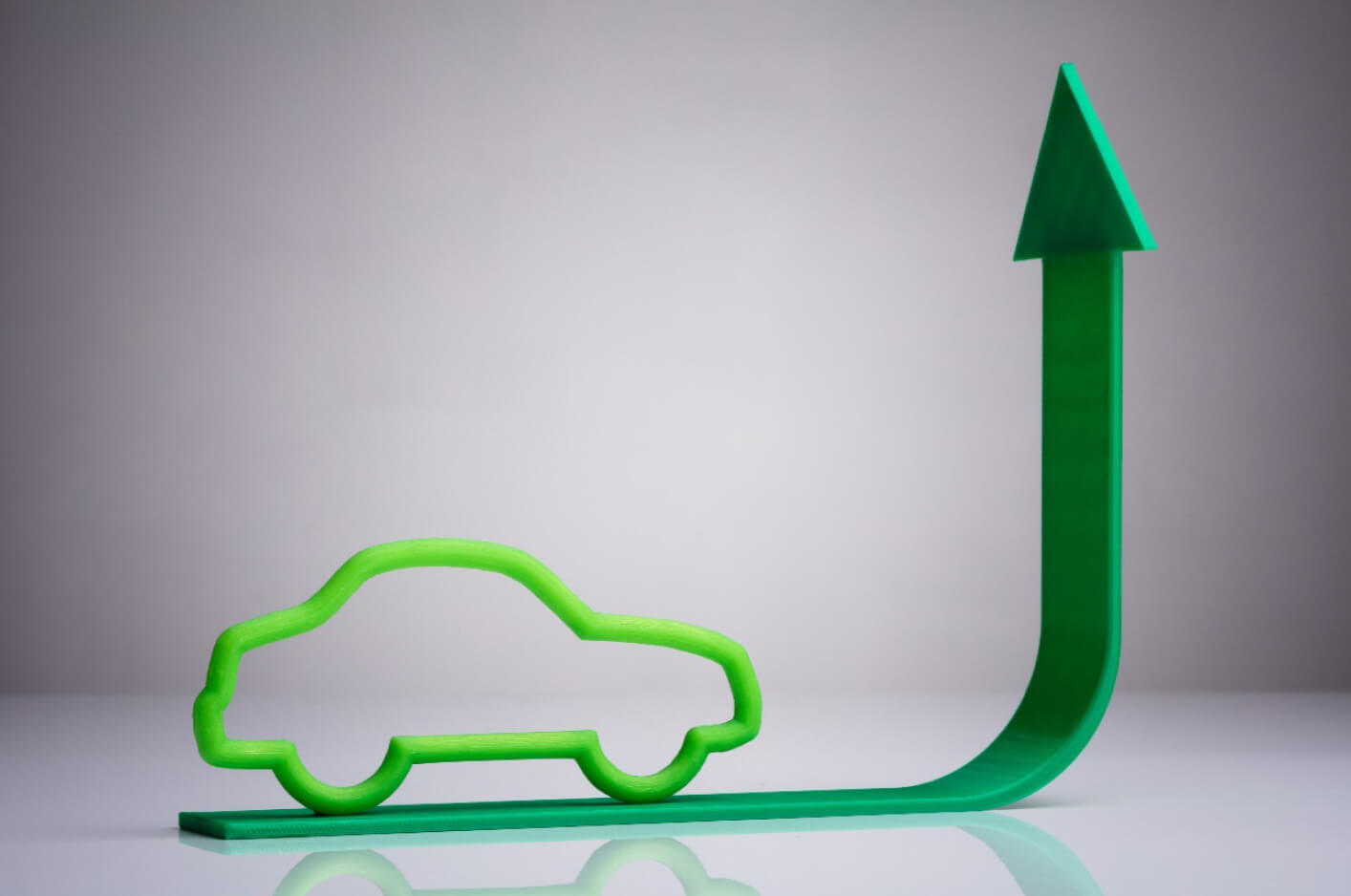18 July 2023
Road pricing plan rejected by more than 50% of drivers
According to the Office for Budget Responsibility (OBR), efforts to tackle climate change through electrification are reducing the Governments revenues from petrol and diesel vehicle tax very quickly.

As more people make the switch to electric vehicles (EV) which, in the UK, do not pay road tax, the Government is seeing a decline in revenue. A new plan to fairly tax all vehicles needs to be generated well in advance of the ban of new petrol and diesel vehicles by 2030.
Various proposals to make electric vehicle drivers pay six pence per mile (ppm) have been rejected by drivers, according to new research. More than 50% of respondents to the survey were against a new tax plan, while 40% said that EV tax should be kept low by the Government continuing to encourage uptake. More than one in five drivers rejected the idea of vehicle tax no matter the fuel type.
The new plan for ‘road duty’ is a method of taxing all drivers based on wear and tear of the roads, it seems the most efficient way of tracking this is mileage. The Treasury is expected to lose £13bn a year in fuel duty by 2030 with the constant increase in ‘untaxed’ electric vehicles.
As businesses are moving towards electric fleets, a new road duty is something fleet managers need to be aware of as well as implementing a plan to deal with a new taxing method.


